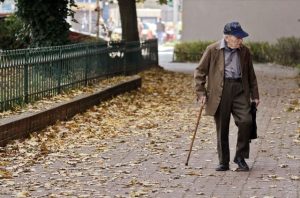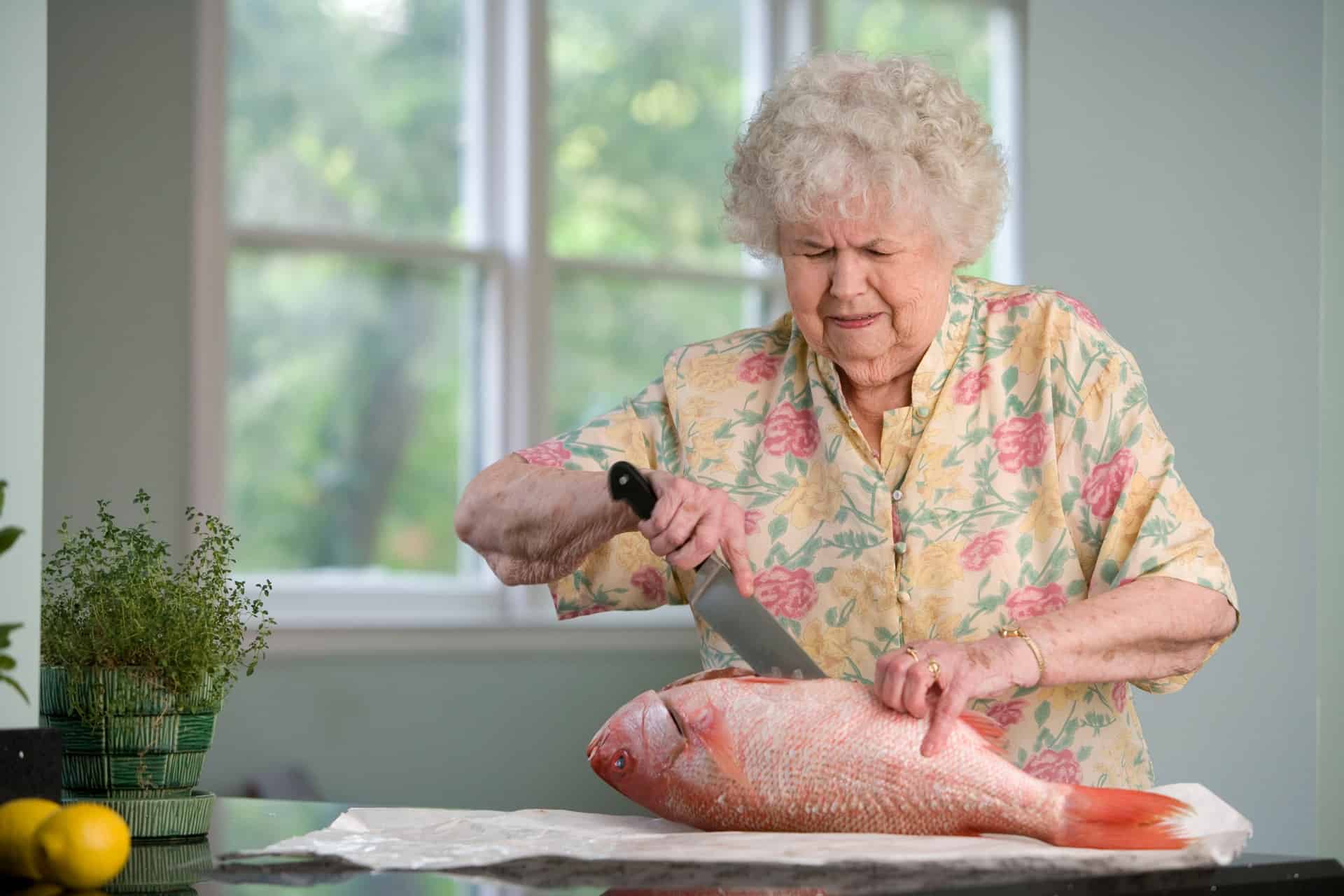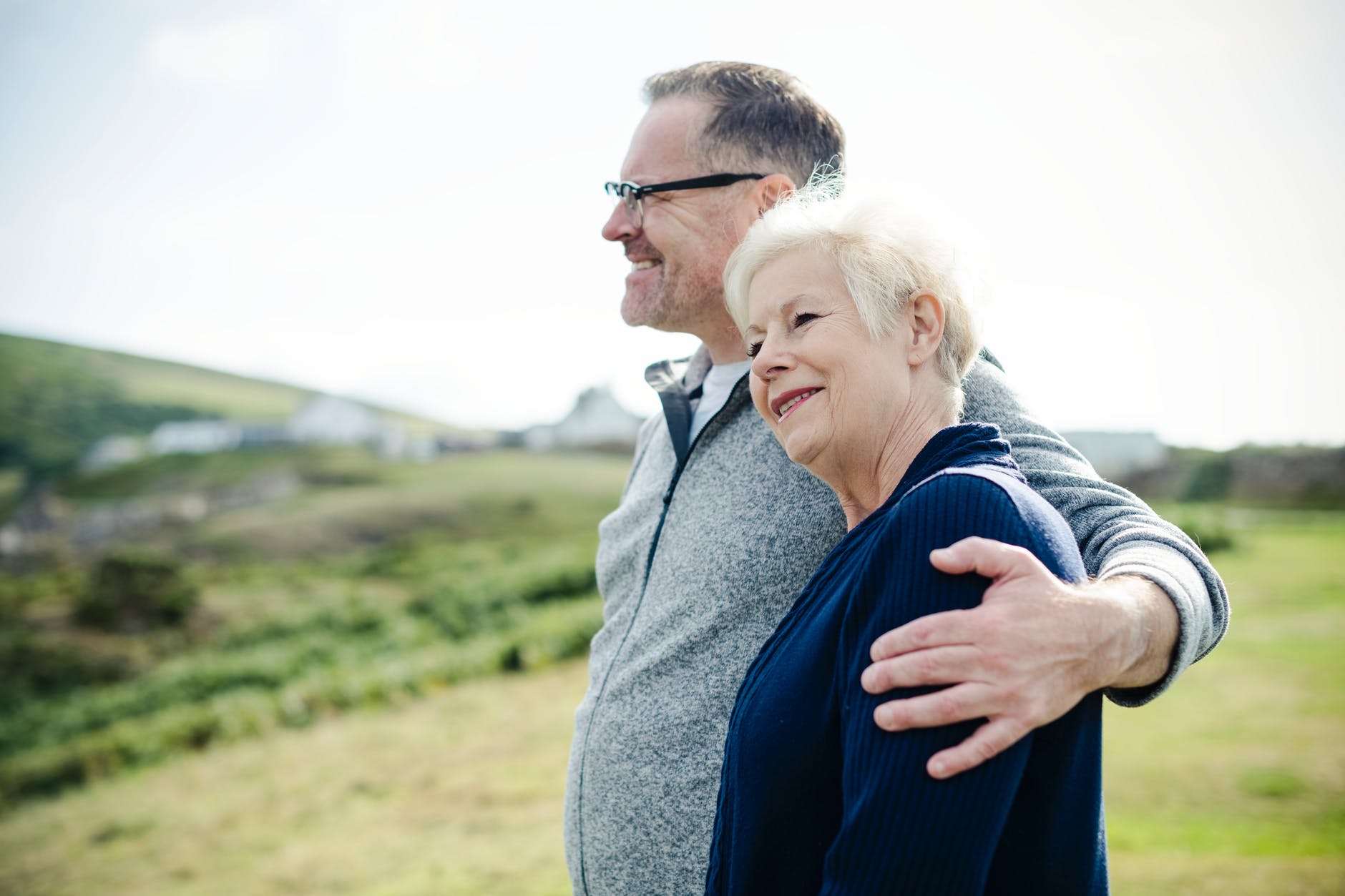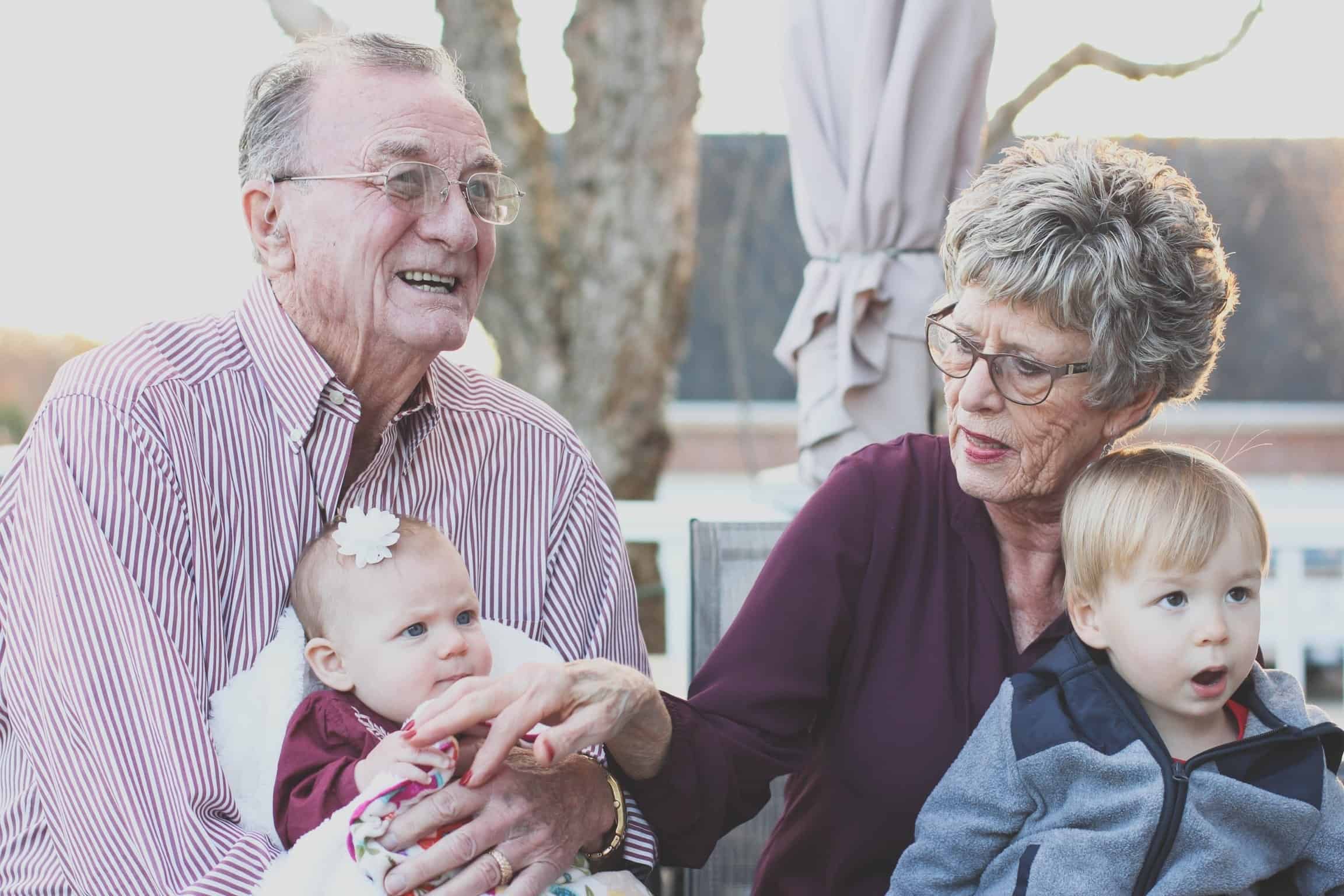When Janette Miller, from San Diego County, could no longer feed herself properly, she moved to an elderly home under the PACE Program. Short for Program of All-inclusive Care for the Elderly. Today, she can enjoy three meals a day served to her and about thirty other people in their home-like communal dining room.
To qualify for the PACE Program, a person must be age 55 or over, live in a PACE service area, and be certified by the state to need a nursing home level care.
 The typical PACE participant is similar to the average nursing home resident. The typical participant is an 55+ year old individual with several medical conditions and limitations in three activities of daily living. Nearly 50% (fifty percent) of PACE participants have been diagnosed with dementia. Despite a high level of care needs, more than ninety percent of PACE participants are able to continue to live in their community.
The typical PACE participant is similar to the average nursing home resident. The typical participant is an 55+ year old individual with several medical conditions and limitations in three activities of daily living. Nearly 50% (fifty percent) of PACE participants have been diagnosed with dementia. Despite a high level of care needs, more than ninety percent of PACE participants are able to continue to live in their community.
When James of Chula Vista, San Diego County, could no longer feed himself properly, he moved in with his daughter and her family. With her guidance, he ate six times a day, snacking on high-calorie, high-protein foods, and maintaining a near-normal weight.
Living alone in most cases, they often are unable to meet their dietary needs and are forced to make compromises. David didn’t know how to cook. He developed cancer, which made it even more important that he eat a well-balanced diet. Deanne knew how to cook but didn’t take time to prepare adequate meals for herself.
“I would snack is what I’d do,” she said. “I would think about getting a meal and then just have a cup of tea and toast. I knew I wasn’t doing the right thing as far as nutrition was concerned.”
Their eating problems stemmed from loneliness and lack of desire or skill to cook. Other older people may eat poorly for other reasons, ranging from financial difficulties to physical problems.
The solutions can be just as varied, from finding alternative living arrangements to accepting home-delivered meals to using the food label developed by the Food and Drug Administration and the U.S. Department of Agriculture. Physical activity also is important in maintaining a healthy lifestyle.
What’s the big deal with senior elderly care you might wonder?
Nutrition remains important throughout life. Many chronic diseases that develop late in life, such as osteoporosis, can be influenced by earlier poor habits. Insufficient exercise and calcium intake, especially during adolescence and early adulthood, can significantly increase the risk of osteoporosis, a disease that causes bones to become brittle and crack or break easily.
But good nutrition in the later years still can help lessen the effects of diseases prevalent among older Americans or improve the quality of life in people who have such diseases. They include osteoporosis, obesity, high blood pressure, diabetes, heart disease, certain cancers, gastrointestinal problems, and chronic undernutrition. 
Studies show that a good diet in later years helps both in reducing the risk of these diseases and in managing the diseases’ signs and symptoms. This contributes to a higher quality of life, enabling older people to maintain their independence by continuing to perform basic daily activities, such as bathing, dressing and eating. Poor nutrition, on the other hand, can prolong recovery from illnesses, increase the costs and incidence of institutionalization, and lead to a poorer quality of life.
Senior Care and Special Diets
At the same time, many older people, because of chronic medical problems, may require special diets: for example, a low-fat, low-cholesterol diet for heart disease, a low-sodium diet for high blood pressure, or a low-calorie diet for weight reduction. Special diets often require extra effort, but older people may instead settle for foods that are quick and easy to prepare, such as frozen dinners, canned foods, lunch meats, and others that may provide too many calories, or contain too much fat and sodium for their needs.



